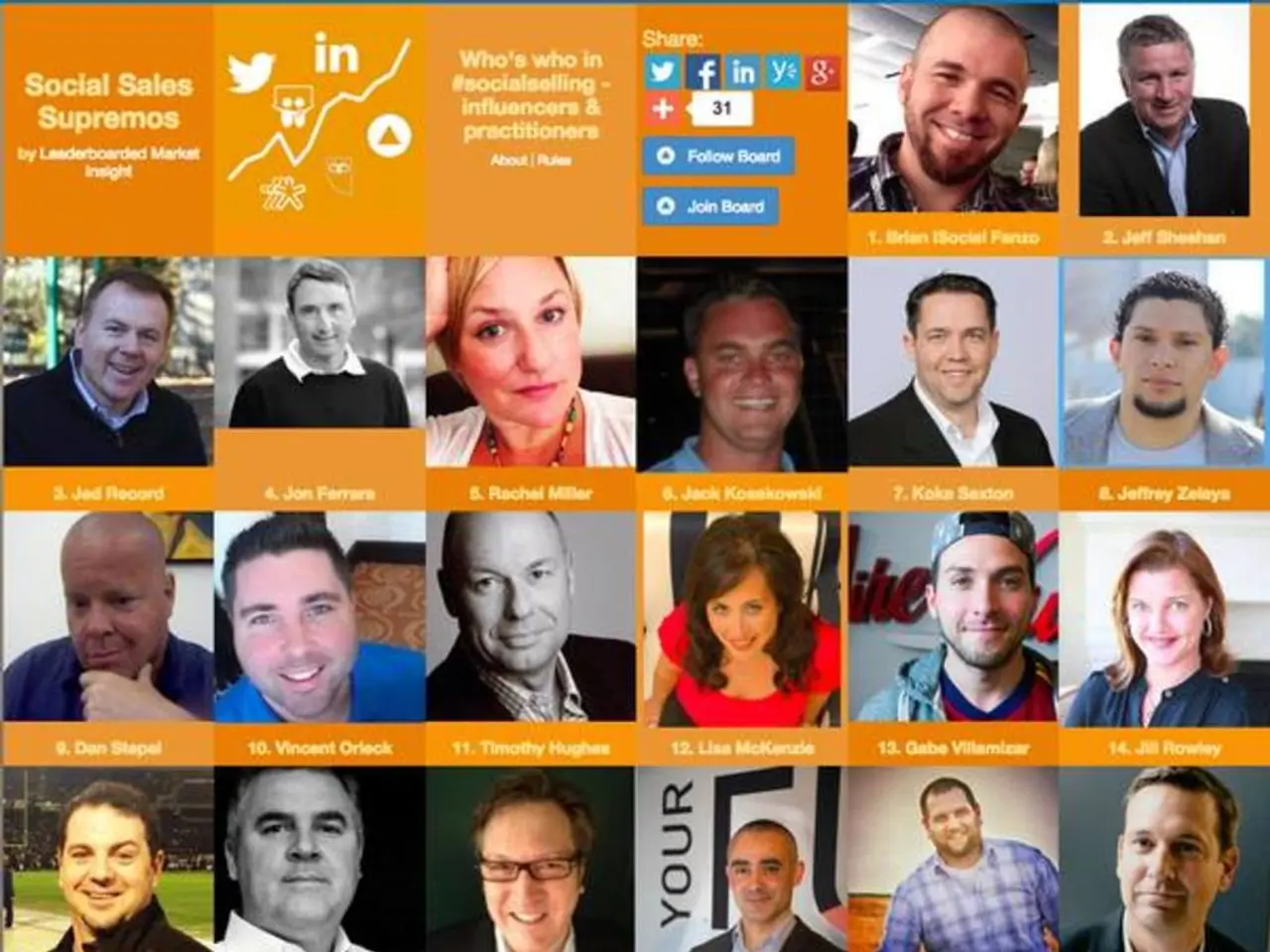Exploring AI Integration in Modern Businesses
In the rapidly evolving landscape of artificial intelligence (AI), mid-market consulting firms are finding success by adopting a strategic and pragmatic approach. These firms are not just leveraging AI for technical prowess, but are deeply immersed in understanding their clients' business contexts to accelerate measurable business outcomes and scale AI solutions responsibly.
One such firm is Kenley, which builds AI tools specifically for consultants, supporting desktop research and slide deck generation. Noah Ohrner, the Chief Technology Officer at Kenley, is leading the charge in this transformation.
Successful mid-market consultancies are distinguishing themselves by combining deep industry expertise with end-to-end AI capabilities. Rather than offering generic AI services, they act as enablers of intelligent growth specific to mid-sized enterprises. By blending AI technical know-how with vertical industry knowledge, they are able to differentiate themselves and provide tailored solutions.
Balancing strategic clarity with hands-on delivery is another key factor in the success of these firms. They don’t just design AI strategies but also implement and operationalize them, ensuring clients realize a return on investment from AI investments.
Leading consulting firms are also optimizing their delivery by incorporating AI tools into their internal processes. This automation frees senior consultants to focus on higher-value strategic work, improves scalability, and reduces costs.
Mid-market firms are also better positioned to win clients focused on measurable business impact by adopting risk-sharing and outcome-based pricing models. These models allow firms to quantify AI-driven value and shift from traditional time-based billing.
Successful consultancies are also embedding AI within broader digital transformation efforts, including IoT integration, machine learning, API management, DevOps, and eCommerce enhancements. This holistic approach maximizes operational efficiency and customer engagement for clients.
Responsible AI design and governance are also crucial for competitiveness. Firms that incorporate AI governance best practices reduce risks and build trust with clients.
Niche specialization is another area where mid-market consultancies are excelling. Firms focusing on emerging areas like AI governance, sustainability, and cybersecurity are experiencing accelerated growth by addressing regulatory and compliance pain points that larger generalist firms typically cannot service as effectively at scale.
Security is another critical aspect, with firms hardening security with a single, end-to-end platform to limit credential exposure and sharpen monitoring. Successful AI programs should be embedded inside the native toolchain to preserve provenance and audit trails. Parallel investment is needed in observability to reveal drift long before it surfaces in client meetings.
AI is expected to be central to all professional services organizations within the next five years. Every generated artifact should enter a review queue for consultants to grade relevance, factual accuracy, and stylistic adherence. Role-based access control (RBAC) is necessary to gate retrieval functions and prevent a consumer language model from accidentally cross-pollinating projects.
A unified, end-to-end platform collapses seams, reducing context-switching, fewer data exports, and one learning curve instead of ten. AI is transforming the consulting industry, reshaping the competitive landscape and empowering emerging firms. Quality loops are essential for fine-tuning jobs that harden system performance.
AI can provide mid-sized consultancies with margin-neutral price flexibility, faster time-to-insight, and hyper-specialization without overhead. A dual-zone data architecture is crucial for consultancies, with publicly shareable research and anonymized benchmarks in an open vector store, and client-sensitive materials in encrypted, tenant-isolated stores.
The General Data Protection Regulation (GDPR), SOC compliance, and upcoming EU AI Act provisions will impose traceability, explainability, and bias-mitigation requirements. Firms that treat these safeguards as design inputs will move faster than rivals forced to retrofit later.
With 95% of professional service workers now using Generative AI monthly, and 14% of model outputs requiring no rework at all, it's clear that AI is revolutionizing the consulting industry. Mid-sized consultancies, with their ability to combine brand equity, sector depth, and agility, are poised for success in this new era.
Noah Ohrner, the Chief Technology Officer at Kenley, is leading the charge in the blending of AI technical know-how with vertical industry knowledge, a strategy that enabling mid-market consulting firms to differentiate themselves and provide tailored solutions in the finance, business, technology, and especially artificial-intelligence sectors. These firms are not only involving AI for technical prowess, but are deeply immersed in understanding clients' business contexts to ensure a return on investment from AI investments, and to scale AI solutions responsibly.




